Improving grammar skills Worksheets for Ages 3-8
6 filtered results
-
From - To
Discover a collection of engaging worksheets designed to enhance grammar skills for children aged 3-8! Our curated selection offers fun activities that make learning grammar enjoyable and effective. These worksheets include varied exercises such as fill-in-the-blanks, matching, and sentence-building to help young learners grasp essential grammar concepts. Tailored to different age levels, these resources promote language development through interactive play and creativity. Perfect for parents, teachers, or homeschooling, our worksheets encourage children to explore language structures and improve their writing skills. Download now and watch your child develop a strong foundation in grammar while having fun!
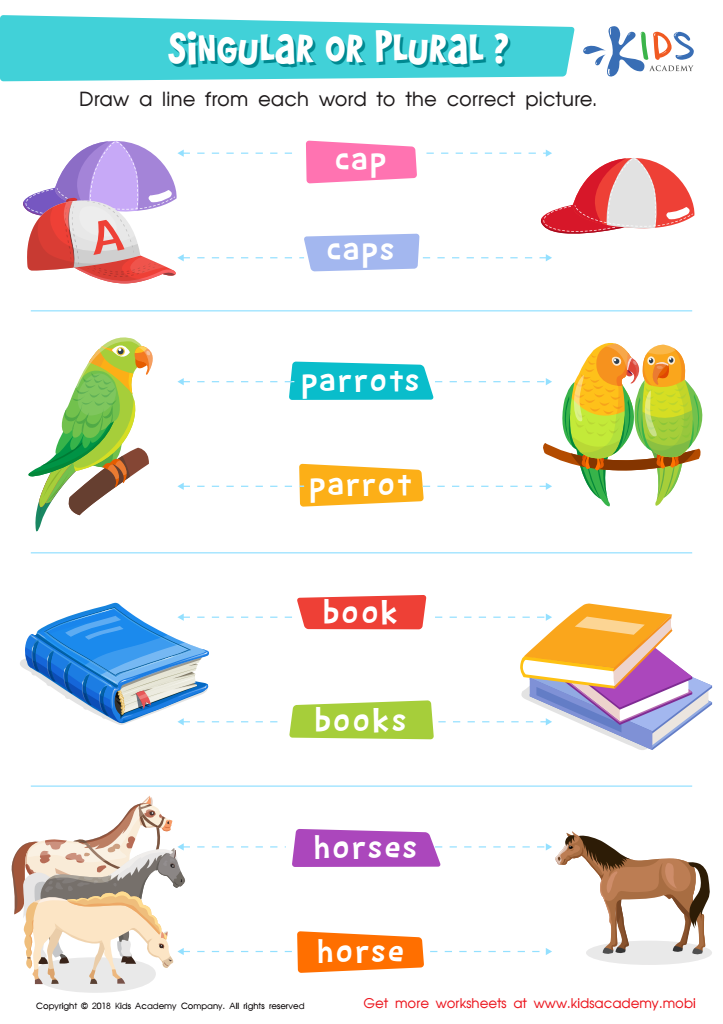

Singular or Plural? Worksheet
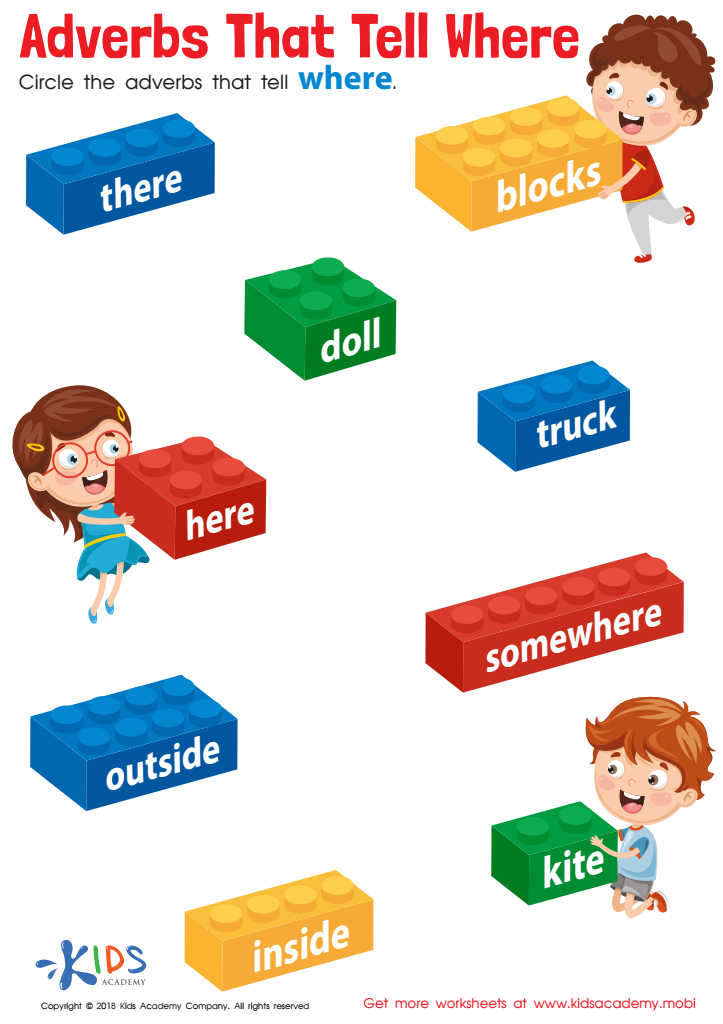

Adverbs That Tell Where Worksheet
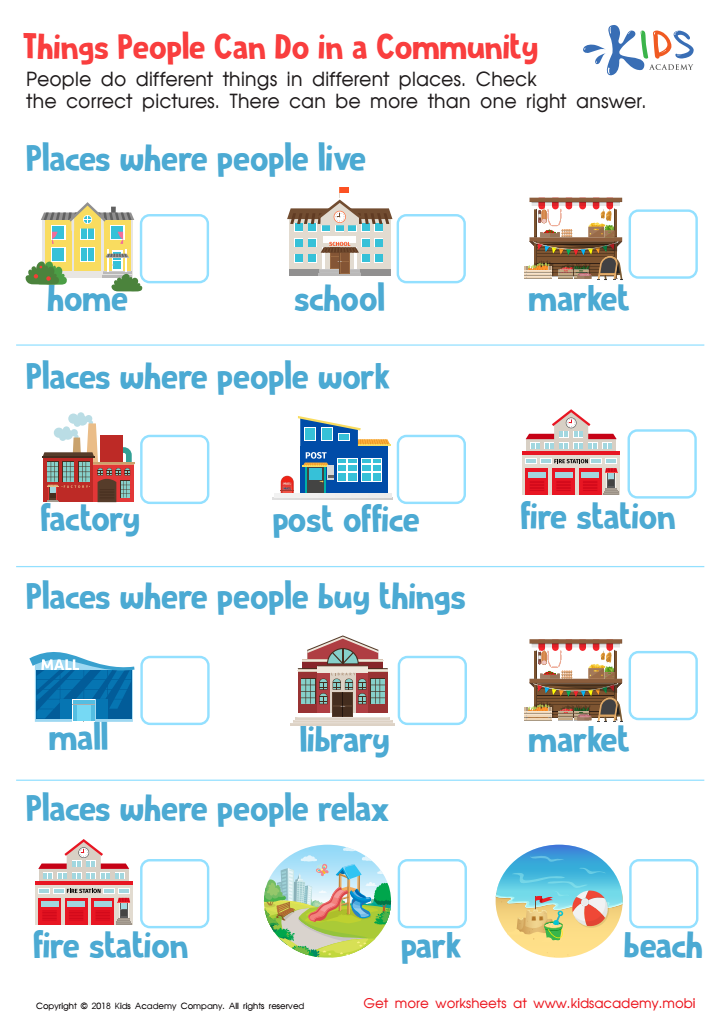

Things People Can Do in a Community Worksheet
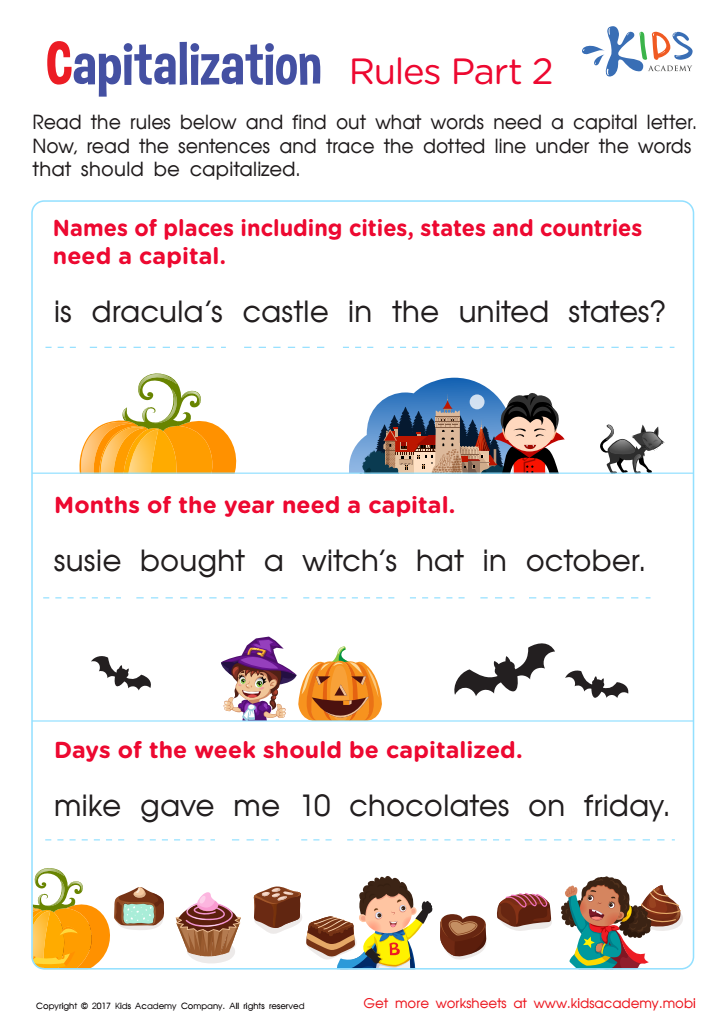

Capitalization Rules: Part 2 Worksheet
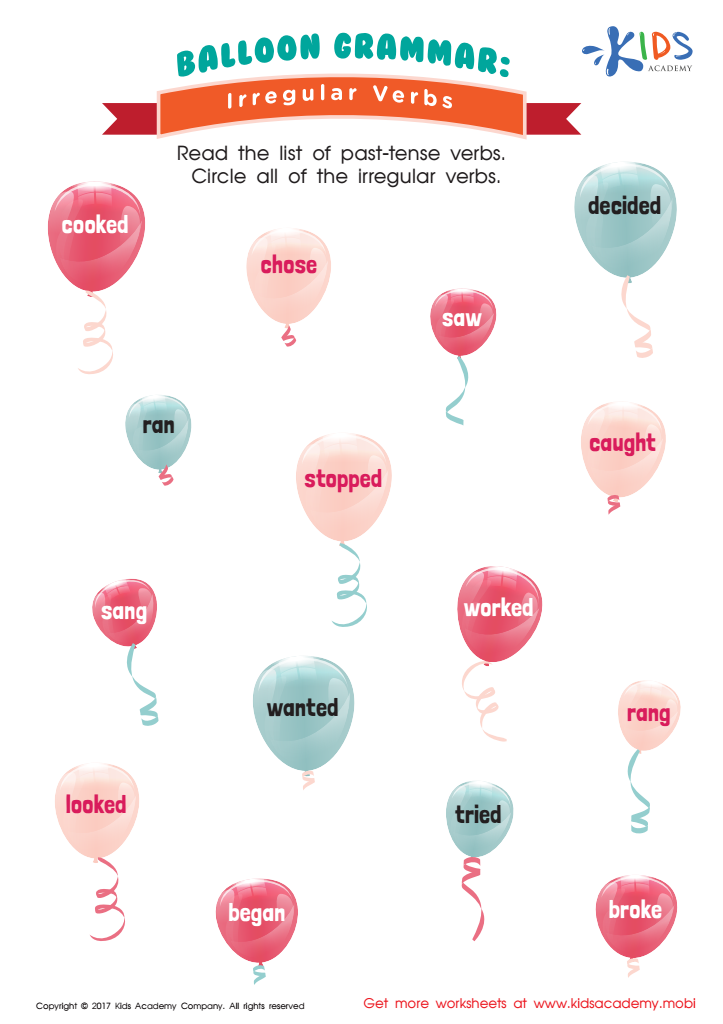

Irregular Verbs: Baloons Worksheet
Improving grammar skills for children aged 3-8 is crucial for several reasons. First, this age range is pivotal for language development, as children are acquiring vocabulary and beginning to form sentences. By focusing on grammar, parents and teachers lay a strong linguistic foundation, enhancing children’s ability to express themselves clearly and accurately. Strong grammar skills are linked to better reading and writing capabilities, which are essential for academic success.
Additionally, understanding grammar fosters effective communication. As children learn to construct sentences correctly, they become better listeners and conversers, improving their interaction with peers and adults. This skill is vital for building self-esteem and socialization, enabling them to share thoughts and feelings with confidence.
Moreover, early grammar training supports cognitive development. Kids learn to categorize language rules, which enhances critical thinking and problem-solving abilities. When grammar skills are nurtured, children are more likely to enjoy learning, making them eager to explore language and literacy.
By valuing grammar education in early childhood, parents and teachers are investing in the children’s broader educational journey, equipping them with tools that will benefit not just their schooling but their lifelong communication skills.
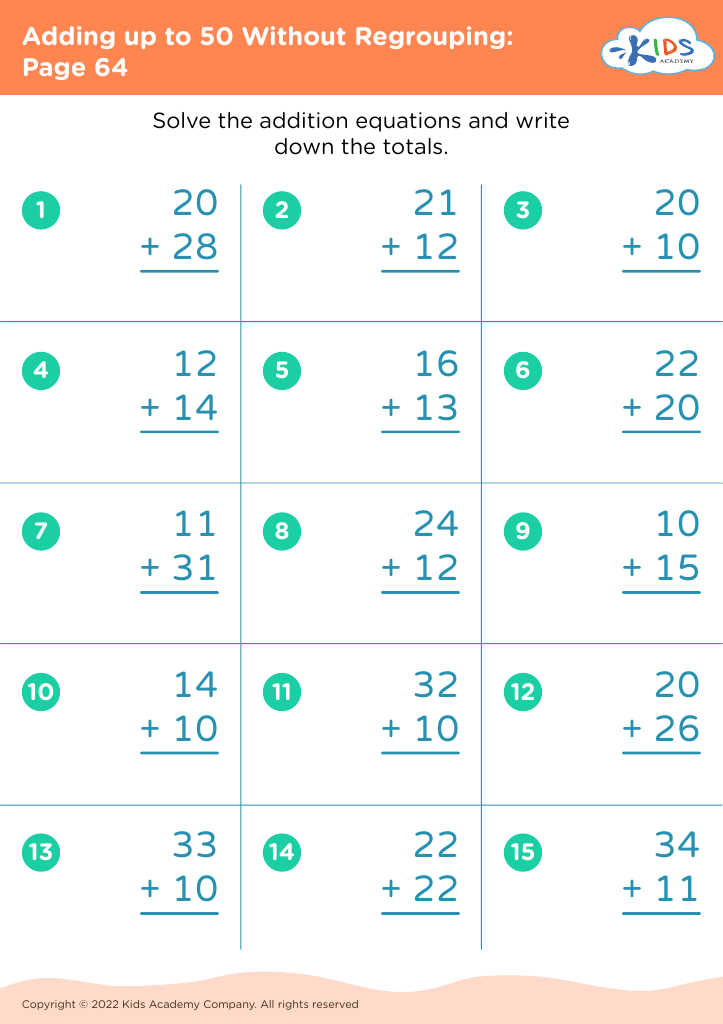
 Assign to My Students
Assign to My Students
















